Low-Birthweight Baby: Born Too Soon or Too Small —— 81st Nestlé Nutrition Institute Workshop, Magaliesburg, March-April 2014
----- 低出生体重婴儿:出生过早或过小
Low birthweight, caused by premature birth, poor intrauterine growth, or both, is known to be a strong predictor of morbidity and mortality risks in the first year of life and beyond. It has to be born in mind, though, that premature infants may need different clinical and nutritional interventions and are at risk for different morbidities than those small for gestational age. This publication focuses on three main subjects: Global epidemiology, catch-up growth, and feeding practices. These topics have been selected to provide a solid contextual basis for the nature and extent of the problem, highlighting changes in prevalence and risk across different healthcare settings: The available data strongly suggest that growth outcomes are dependent on a multitude of environmental factors that interact with nutrient intakes. Epidemiology, modern technology and the latest science are brought together to promote a better understanding of the short- and long-term needs and outcomes of low-birthweight babies, depending on whether they are born too small or too early.
{{comment.content}}
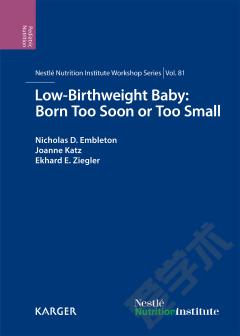

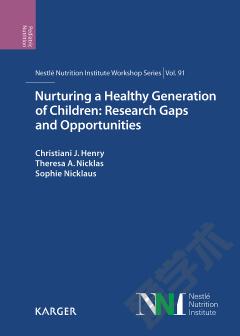
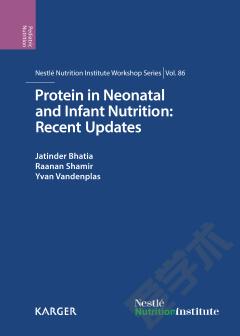
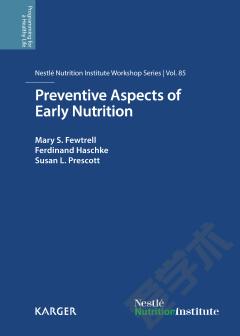

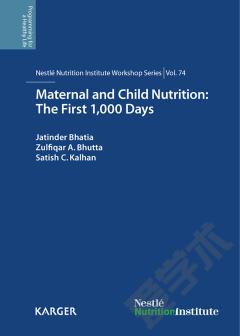

 京公网安备 11010802027623号
京公网安备 11010802027623号